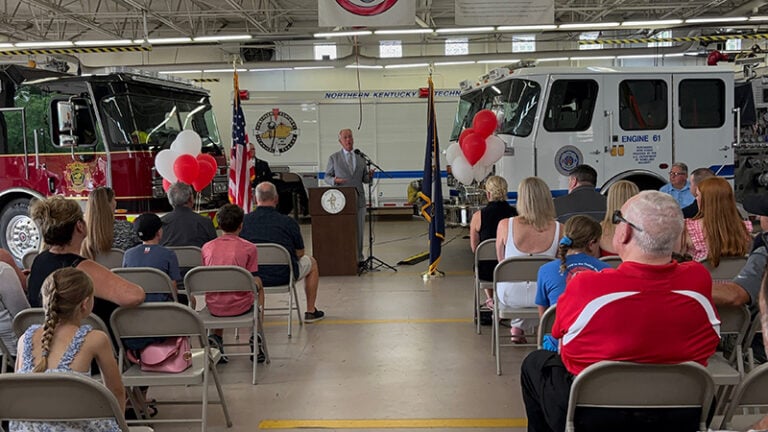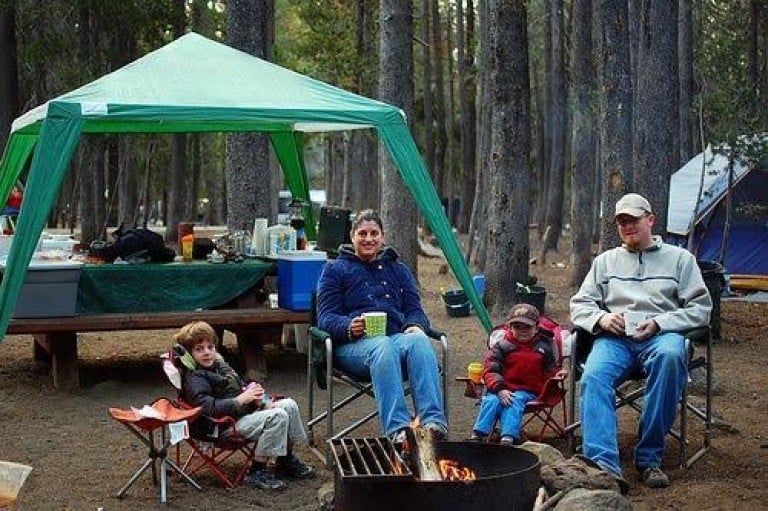Since November 2015, there have been 230 cases of whooping cough, also known as pertussis, reported in Boone, Campbell, Grant and Kenton Counties. The Northern Kentucky Health Department has implemented several strategies to stop the spread of the disease, including providing free vaccine to the community.
Because vaccine protection fades over time, adults and parents of teens age 10 years or older should ensure that Tdap vaccinations are up to date. The Health Department will offer free Tdap vaccine to anyone age 10 and older during a community clinic from 3:30 to 6 p.m. on Wednesday, May 18 in Schneider Building Room 201-203 at St. Paul School, 7303 Dixie Hwy, Florence. No appointment is necessary, but advance registration is requested and can be done online

The vaccine is also available by appointment at the Health Department’s four county health centers. Many local schools have also partnered with the Health Department to offer vaccination clinics for students, staff and families in response to the outbreak. Since February, a total of 300 vaccines have been given at 11 school-based immunization clinics.
“Although whooping cough can occur in vaccinated persons, symptoms are usually less severe and resolve more quickly than in unvaccinated persons,” said Lynne M. Saddler, MD, MPH, District Director of Health. “Vaccination can protect not only yourself, but those who are most vulnerable to pertussis — particularly infants under two months of age, who are unable to be vaccinated but can have the most severe complications if infected with whooping cough.”
School-age children, ages 7 to 17 years, continue to account for the majority of reported cases in the current outbreak. More than 45 schools and child care centers have been impacted. School staff and parents are also at increased risk, as they are often exposed to children who are infected.
Be aware of symptoms
The first symptoms of pertussis are like those of a common cold: runny nose, sneezing, low-grade fever and a mild cough. After a week or two, a persistent cough develops which occurs in explosive bursts, sometimes ending with a high-pitched whoop and vomiting. Between bursts of coughing, the child appears well. Coughing attacks continue to occur for four to six weeks and are more common at night.
“Besides vaccination, it is important that those with whooping cough are diagnosed properly,” said Saddler. “Individuals, especially teenagers, who have a cough lasting more than two weeks and/or one that progressively gets worse are advised to contact their health care provider for evaluation and avoid contact with others, especially infants, young children, the elderly and those with a weakened immune system. If you live with someone who has been diagnosed with whooping cough, or have had prolonged close contact, contact your health care provider as well.”
Persons diagnosed with whooping cough should stay home from school or work until they have been taking appropriate prescription antibiotics for five days so they don’t spread the disease to others.
For more information on whooping cough, please visit http://www.nkyhealth.org/Whooping-Cough-Vaccine.aspx.

















